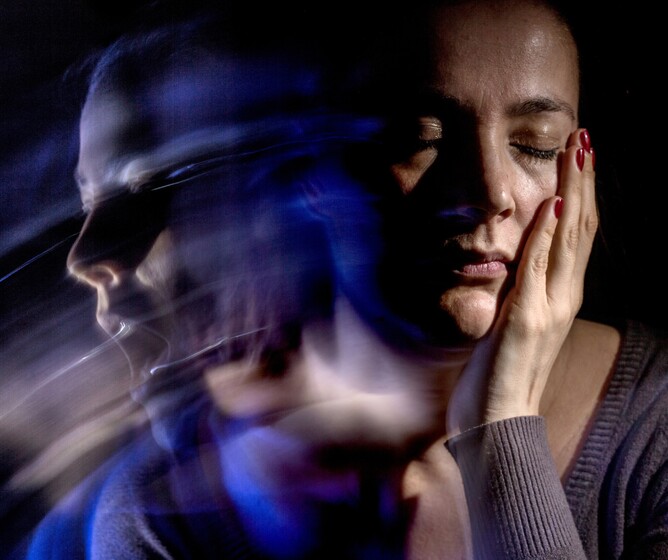Occupational Therapy Strategies for Managing Schizoaffective Symptoms in Daily Life
Schizoaffective disorder is a complex mental health condition characterized by a combination of symptoms from schizophrenia and mood disorders like bipolar disorder. This can make daily life challenging, impacting everything from self-care to social interaction. However, occupational therapy (OT) can be a powerful tool in managing these symptoms and promoting a fulfilling and independent life.
Understanding Schizoaffective Disorder
Schizoaffective disorder is characterized by a combination of schizophrenia symptoms (such as hallucinations or delusions) and mood disorder symptoms (such as depression or mania). This dual aspect can make daily functioning particularly challenging. However, occupational therapy (OT) offers a range of strategies to help individuals manage these symptoms and maintain a higher quality of life.
Occupational Therapy Strategies
Occupational therapy takes a holistic approach, addressing not just the symptoms but also the person's strengths, interests, and goals. Here are some key strategies used by occupational therapists:
1. Routine and Structure:
One of the core strategies in occupational therapy for managing schizoaffective disorder is establishing a consistent daily routine. This can provide a sense of stability and predictability, which is particularly beneficial for individuals experiencing fluctuating symptoms.
Daily Schedules: OTs work with clients to create structured daily schedules that include time for self-care, work or educational activities, leisure, and social interactions. This can help reduce anxiety and improve overall functioning.
Activity Analysis: By breaking down tasks into smaller, manageable steps, OTs can help individuals understand and perform activities more effectively. This is especially useful when motivation is low or cognitive functions are impaired.
2. Social Skills Training:
Social interactions can be significantly affected by the symptoms of schizoaffective disorder. Occupational therapists employ various techniques to enhance social skills and improve interpersonal relationships.
Role-Playing: Practicing social scenarios through role-playing can help individuals develop better communication skills and boost their confidence in social settings. This method allows them to receive immediate feedback and learn new ways to handle social interactions.
Group Therapy: Participating in group therapy sessions facilitated by an OT provides a supportive environment where individuals can practice social skills, share experiences, and build a sense of community.
3. Sensory Integration:
Individuals with schizoaffective disorder may experience sensory processing issues, which can exacerbate symptoms and affect daily functioning. Occupational therapists use sensory integration techniques to help manage these challenges.
Sensory Diets: OTs create personalized sensory diets that include specific activities designed to regulate sensory input. This can involve exercises that calm or stimulate the nervous system, depending on the individual's needs.
Environmental Modifications: Adjusting the living or working environment to reduce sensory overload can significantly improve comfort and functionality. This might include changes in lighting, noise levels, or organizational systems.
4. Cognitive Behavioral Techniques:
Cognitive-behavioral approaches are integrated into occupational therapy to address distorted thinking patterns and improve emotional regulation.
Mindfulness and Relaxation: Techniques such as mindfulness meditation and progressive muscle relaxation can help individuals manage stress and reduce the impact of mood swings. OTs teach these techniques as part of a comprehensive therapy plan.
Cognitive Restructuring: OTs assist individuals in identifying and challenging negative thought patterns, replacing them with more constructive and realistic perspectives. This can enhance mood stability and overall mental health.
Conclusion
Occupational therapy empowers individuals with schizoaffective disorder to live more fulfilling and independent lives. By establishing routines and building self-care skills, occupational therapists equip individuals with the tools they need to manage their symptoms, engage in meaningful activities, and improve their overall well-being.
If you or someone you know is experiencing schizoaffective disorder and are interested in learning more about occupational therapy, please reach out to the occupational therapy team at Holistic Strength. We are here to support you on your journey to optimal health and well-being.
